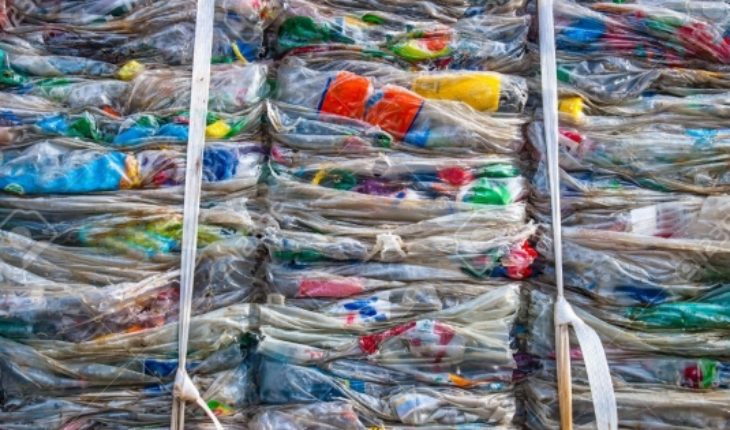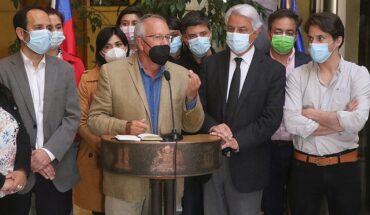The data is strong: every minute you buy 1 million plastic bottles worldwide (1) and half of them end up in the oceans. We know that some of that waste comes from our packaging. We are part of the problem and take responsibility and commitment to be part of the solution.
Of the total urban solid waste – in cities of more than 100 thousand inhabitants – plastic represents between 15% and 19%. And of this percentage, the PET – which is 100% recyclable and is the material we use for our bottles – is 60%. In other words, if we were to get all the PET out of the trash, we’d be reducing just over 10% of the waste.
The problem of plastic waste is immense and involves us all. To give it a solution, we need to rethink the economy and how we define progress in our society. Thus, the answer to this problem is anchored in the approach of the circular economy, a restorative and regenerative economy. It is a question of making the decision to produce and consume in such a way that the value of materials and products is maintained for as long as possible, and the use of resources and waste generation is minimized.
Moving into a circular economy requires much more than lessthan the impact of the linear economy, it represents a total change of the system, from those of us who design products and processes, to consumers. In the case of plastic, this approach provides technical responses because it allows to recover and restore products, components and materials through the reduction of raw material used and their reuse to convert it into recycled material.
At coca-Cola, we want to live in a World Without Waste. That’s the vision we’re making a reality through a holistic plan, focused on reducing our impact throughout the entire packaging lifecycle, from design to harvesting, reuse and recycling.
Currently, 56% of the packaging we put on the market worldwide is reused or recycled by civil society organizations. We are committed to an even more challenging goal by 2030: reaching 100%. Campaigns to promote returnable packaging are also a way to raise awareness of changing habits still deeply rooted.
We are well aware that these challenges cannot be addressed alone. We are working with governments, NGOs and communities on multiple initiatives.
In 2018, we joined 150 other companies to sign the Ellen MacArthur Foundation and UN’s New Plastics Economy Global Commitment, and took the first step in clearing the amount of plastic we use for our packaging. This partnership will also result in ambitious goals and actions that will show how businesses, communities and governments can redesign the global waste management economy into a circular economy.
The content poured into this opinion column is the sole responsibility of its author, and does not necessarily reflect the editorial line or position of El Mostrador.





